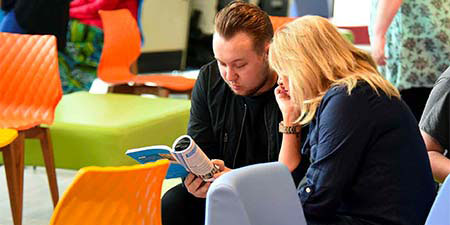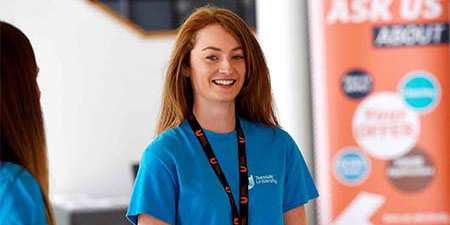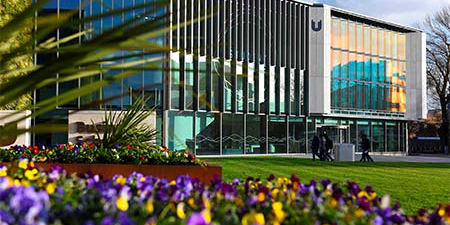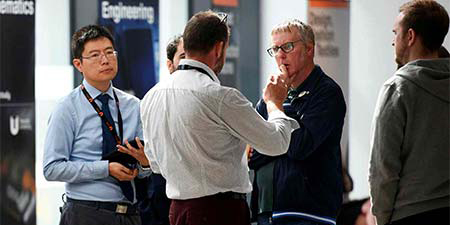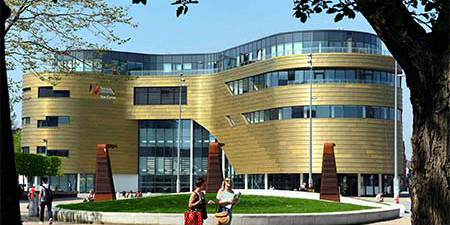Visiting & Events
Join us at an open day or University event
All our current events are listed on this page.
You can search events by category and then select the event title for more details. Many events are open to the public, some events require booking.
Visit us - near you
We go to higher education fairs around the country
Find out which events we are attending that you can come along to and find out more about what we offer.
Find out more
Featured open days
University Events
There are 50 events
Select the titles for more details about the events. Some are open to the public and/or require booking.
